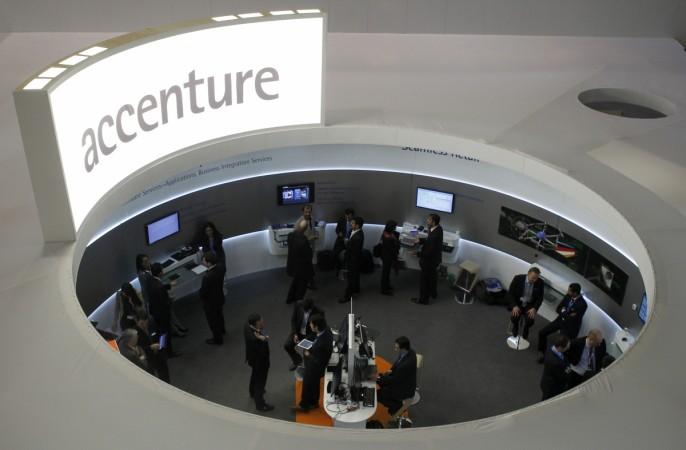
Accenture has allocated $100,000 for research on artificial intelligence (AI) in collaboration with IIT Bombay and IIT Patna. The research aims to address issues such as malnutrition, human trafficking and climate change.
The tie-up aims to combine software analytics, which involve building, testing and monitoring software applications, with predictive and recommendation models introduced through AI. The technological thrust of the research programme, scheduled for the period 2016-18, will involve sub-fields of AI, such as natural language processing, machine learning, neural network, virtual agents and deep learning.
The research will augment AI capabilities in answering questions posed in regional languages, virtual agents and machine learning, according to IIT Bombay.
Virtual agents are typically put in place as an online assistant in customer service and machine learning, and enable a program to 'learn' based on real-time interaction with users without external manual modification to its code.
"One of the major areas that the research will focus on is natural language processing," Pushpak Bhattacharyya, Director, IIT Patna, was quoted as saying by the Economic Times.
"If you can provide a local language interface on the ground in the villages, interaction becomes much more efficient," Sanjay Poddar, Managing Director, Research and Development, at Accenture Lab, Bangalore told ET.
The company had posted a revenue of $8.4 billion — an increase of 9 percent in US dollars over the previous year — in the third quarter of FY16. The company's financial year ends in August. It has also revised its estimate of net revenue growth in FY16 to 9.5 to 10.5 percent from the earlier 8 to 10 percent growth.
In April this year Infosys Foundation had announced a corpus of Rs. 24 crore to Indraprastha Institute of Information Technology, Delhi for research in AI over the next three years. Some of the areas the research programme will focus on are robotics, machine learning, computer vision, AI for software systems, and big data analytics.








